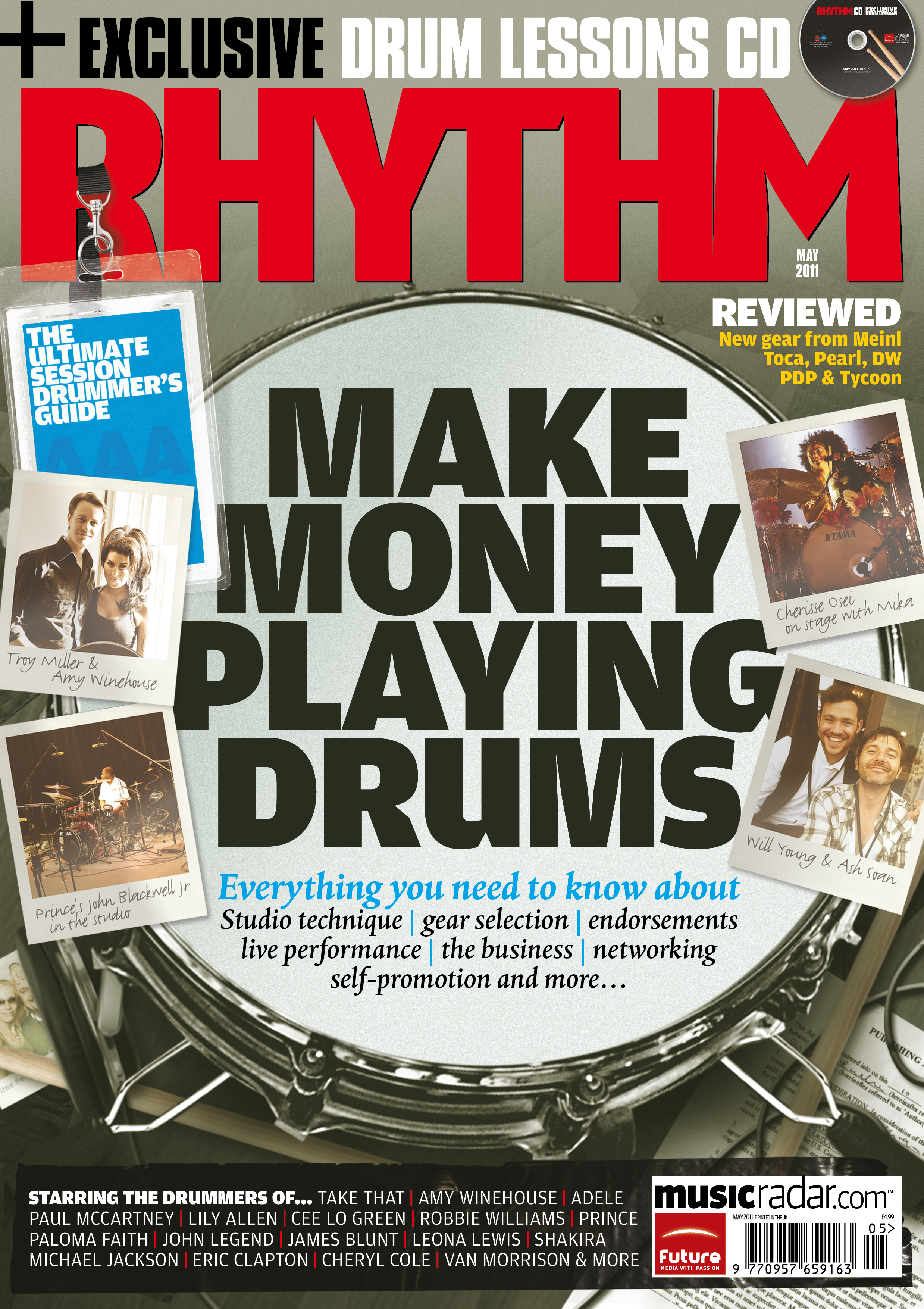Session Drumming Month: Personality
The age-old ability vs personality debate
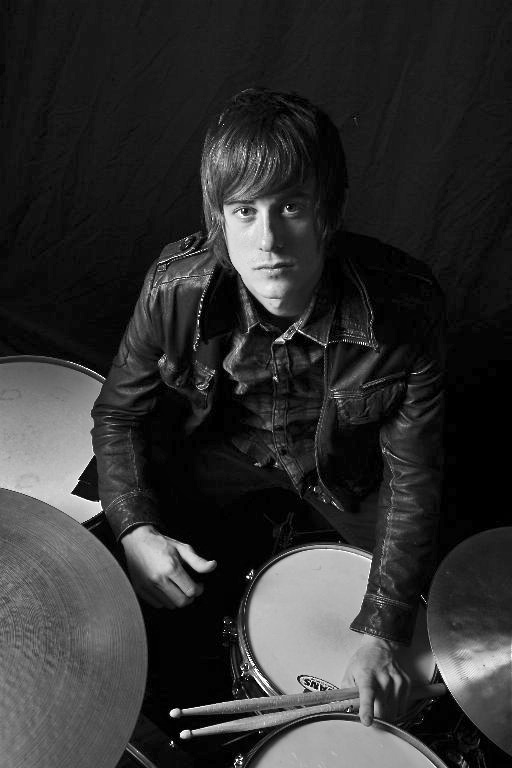
Session Month: Personality
“You’ve got to be a solid player and know how to play with a band and for the song, but personality is a big thing. You’ll spend a lot of time on the road with the same group of people, you’ve got to get on with one another. You’ve got to be easy going. People want a guy that’s going to not only be reliable but also friendly and honest.”
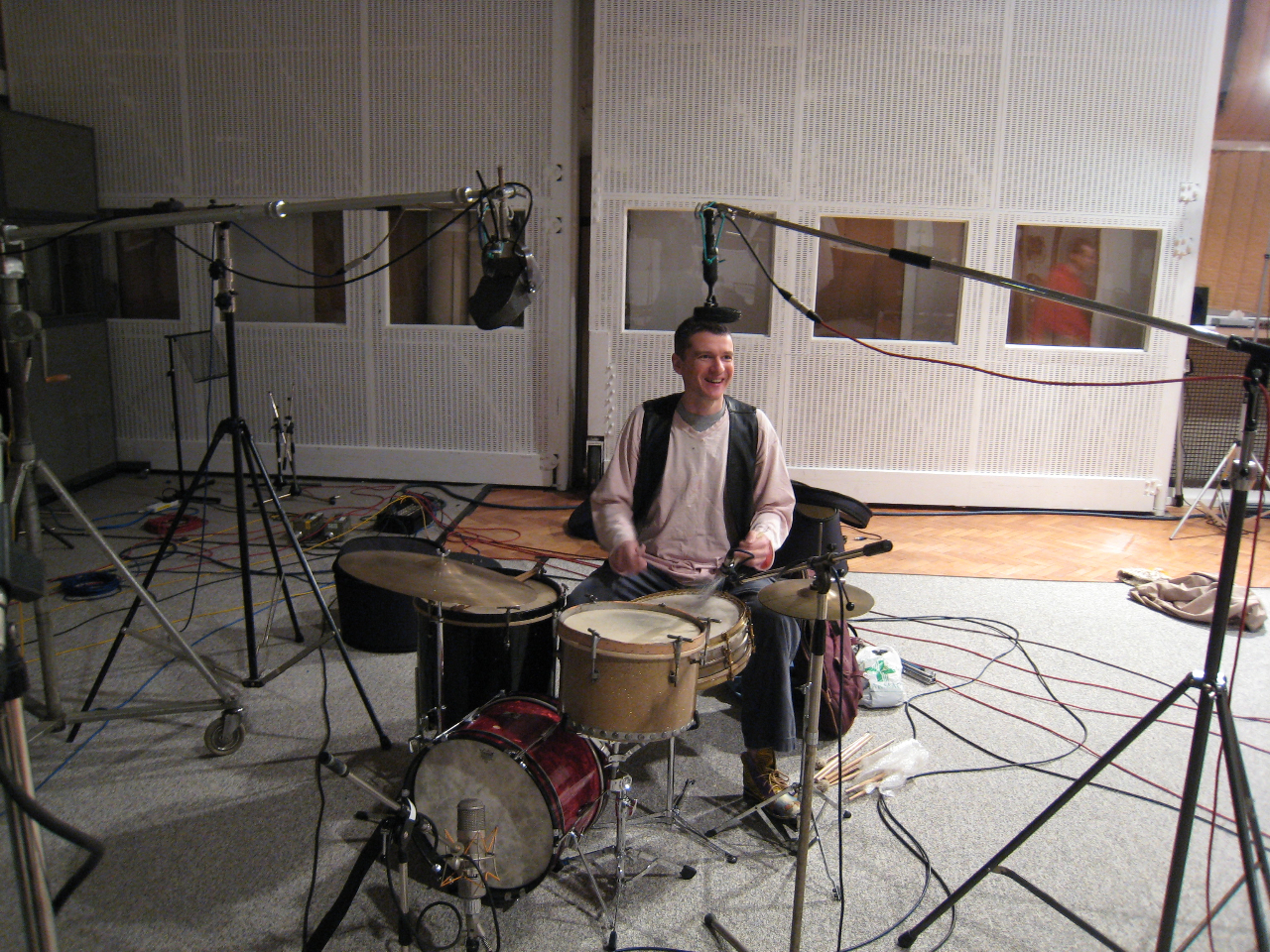
Session Month: Personality
“I think the ability to get on with people is very important when working with them, so I can understand what they need. They need to feel listened to as well. And they need to feel confident that you can come up with the goods. But in the long term, you’ve got to be able to play.”
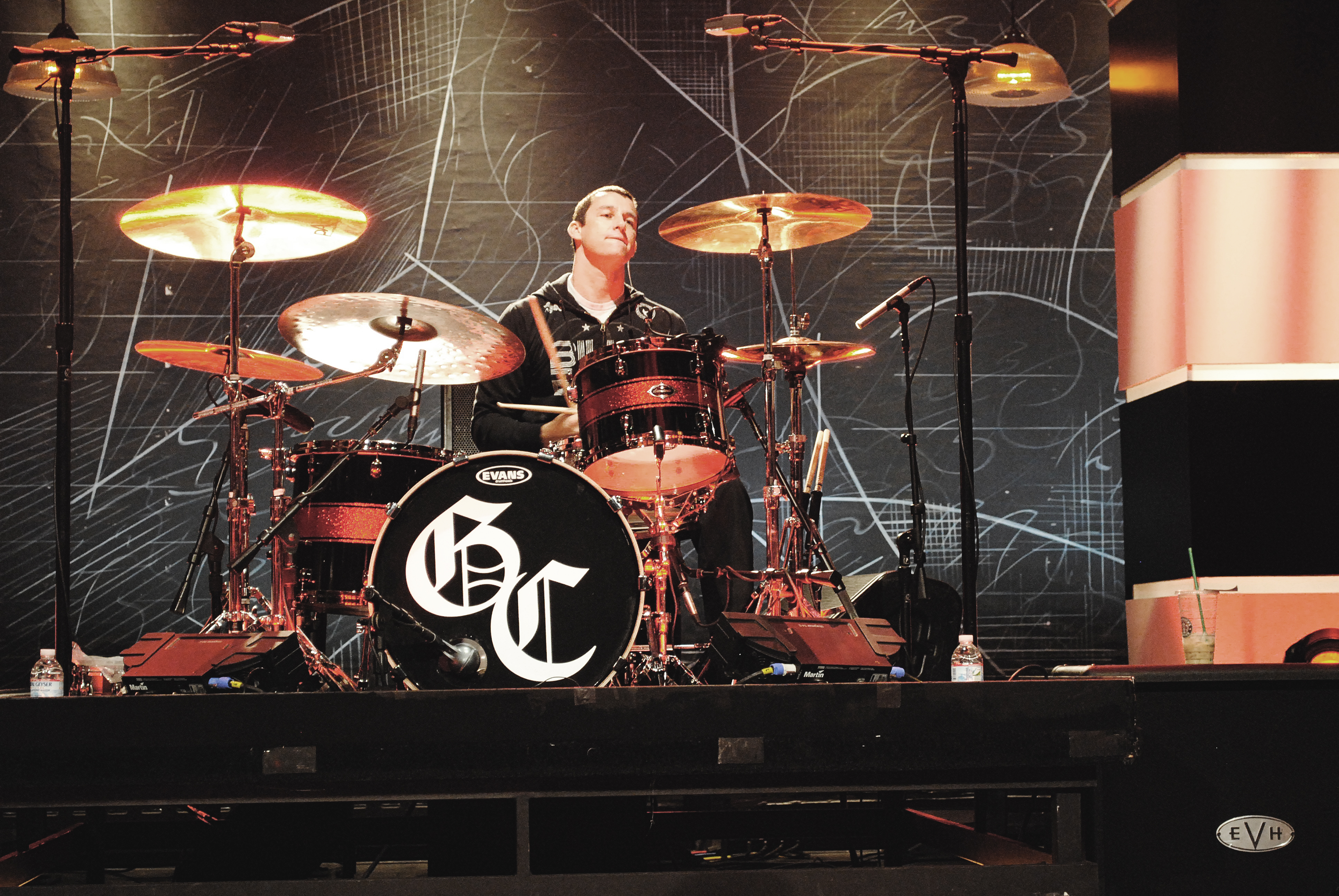
Session Month: Personality
“I think it's really important to bring positive vibes to the session. Nobody wants to be around someone that’s got a big ego. I always look at each session as it's not about me, it's about the song the artist all the other player on the track. Humility is key and having fun!”

Session Month: Personality
“Being easy to get along with is crucial to becoming a successful studio musician. Of course, it is very important to have the drumming skills to record grooves at various tempos and volumes, with steady time, and possibly to a click track.But there is also a lot of communication that needs to happen within a studio environment. The discussion of arrangement ideas. The experimentation of different instruments and tones. The negotiation of session fees. And the almighty ordering of the lunch. Producers, engineers, and artists want to work with musicians that are pleasant, and even inspiring, to have in the same room.”
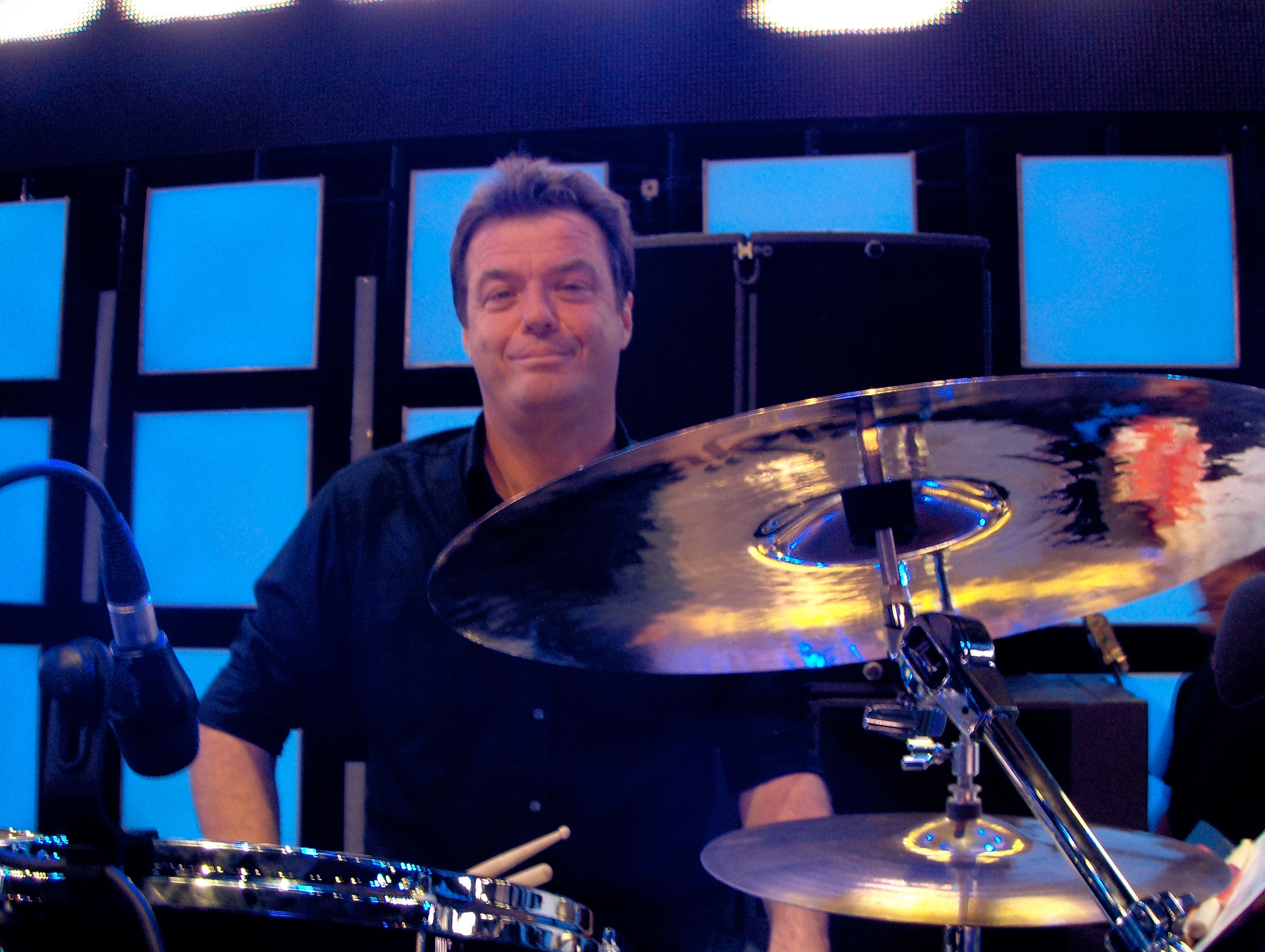
Session Month: Personality
“It’s a combination of being able to play, being able to take direction, being able to take criticism, being able to get along with people. Being on time is absolutely vital. If you’re late for a session then you won’t do many. It’s basic things like that. Sometimes on sessions I’ll realise, I’m just a bum on a seat playing what’s written and I won’t go into the booth and listen back because that’s not what the session is, whereas on the Scott Walker thing I’m liaising directly with him and he’s saying, ‘Come in and listen to it.’ If you’ve got a massive ego or you can’t take criticism then session work is not really the place for you.”
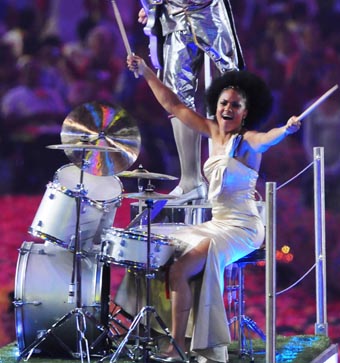
Session Month: Personality
“You will only get asked back if you can do the job and can fit in with the people you are going to be working with. So ability and personality are equally important.”
For more session hints, tips and secrets pick up the latest issue of Rhythm and check out our online Session Month.
Rich is a teacher, one time Rhythm staff writer and experienced freelance journalist who has interviewed countless revered musicians, engineers, producers and stars for the our world-leading music making portfolio, including such titles as Rhythm, Total Guitar, Guitarist, Guitar World, and MusicRadar. His victims include such luminaries as Ice T, Mark Guilani and Jamie Oliver (the drumming one).
